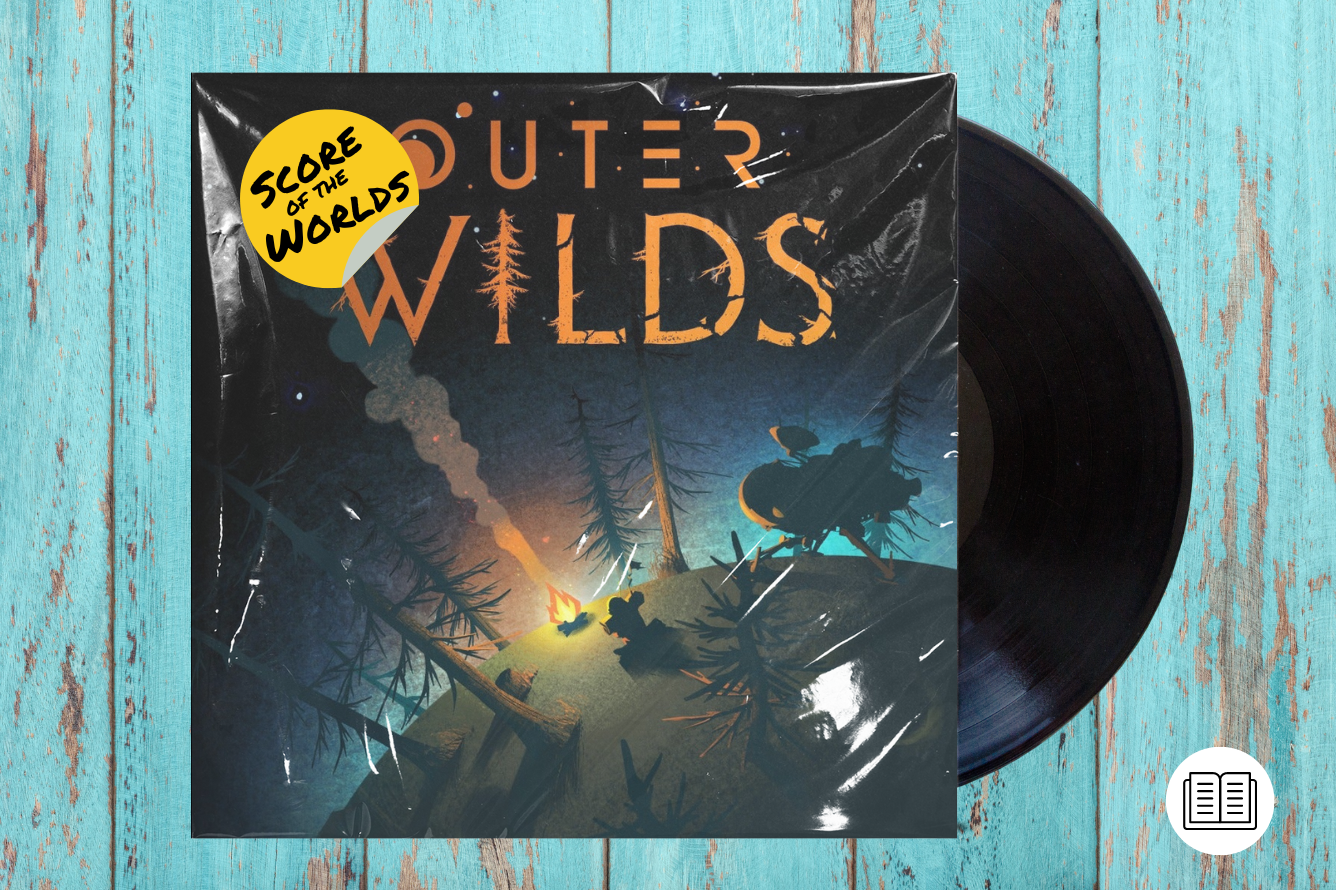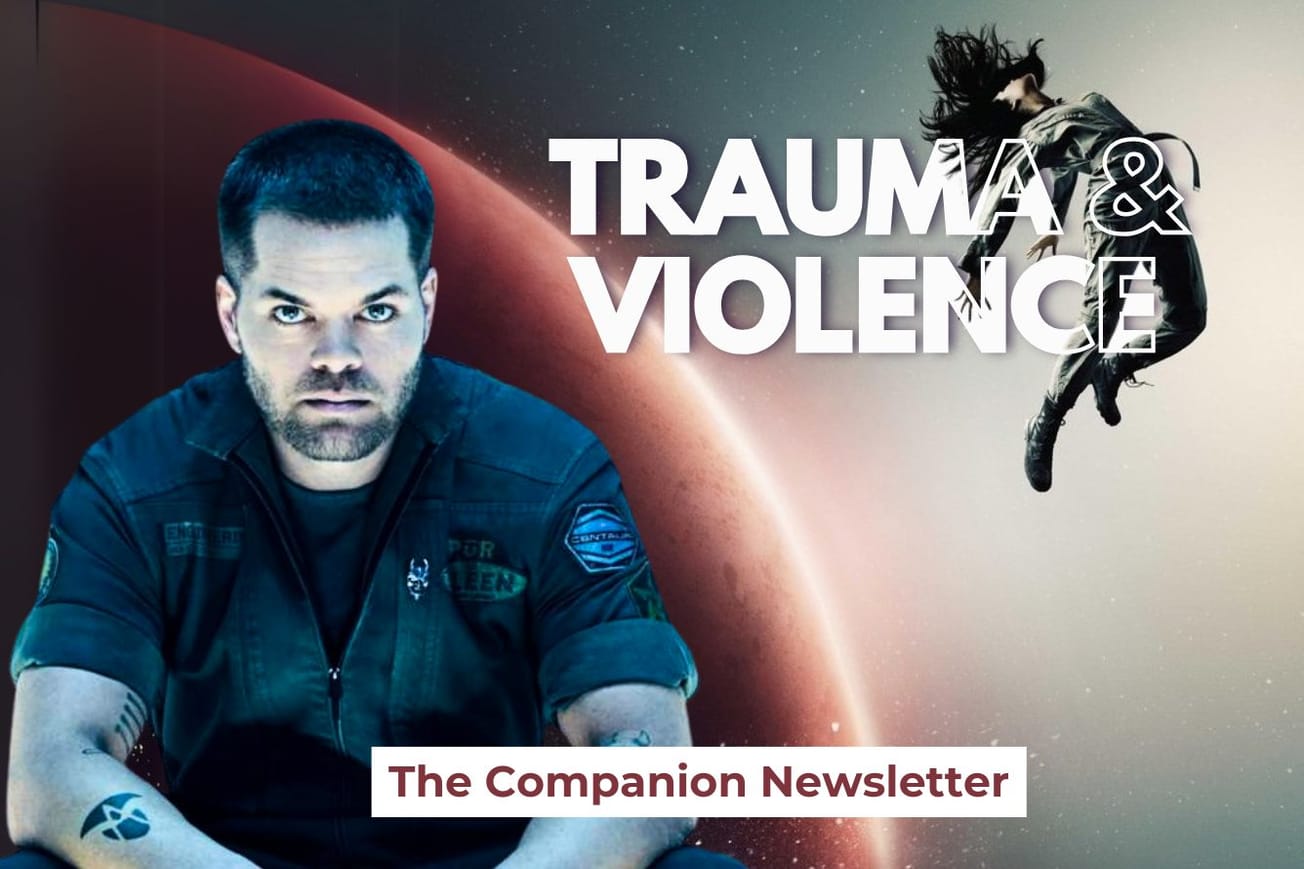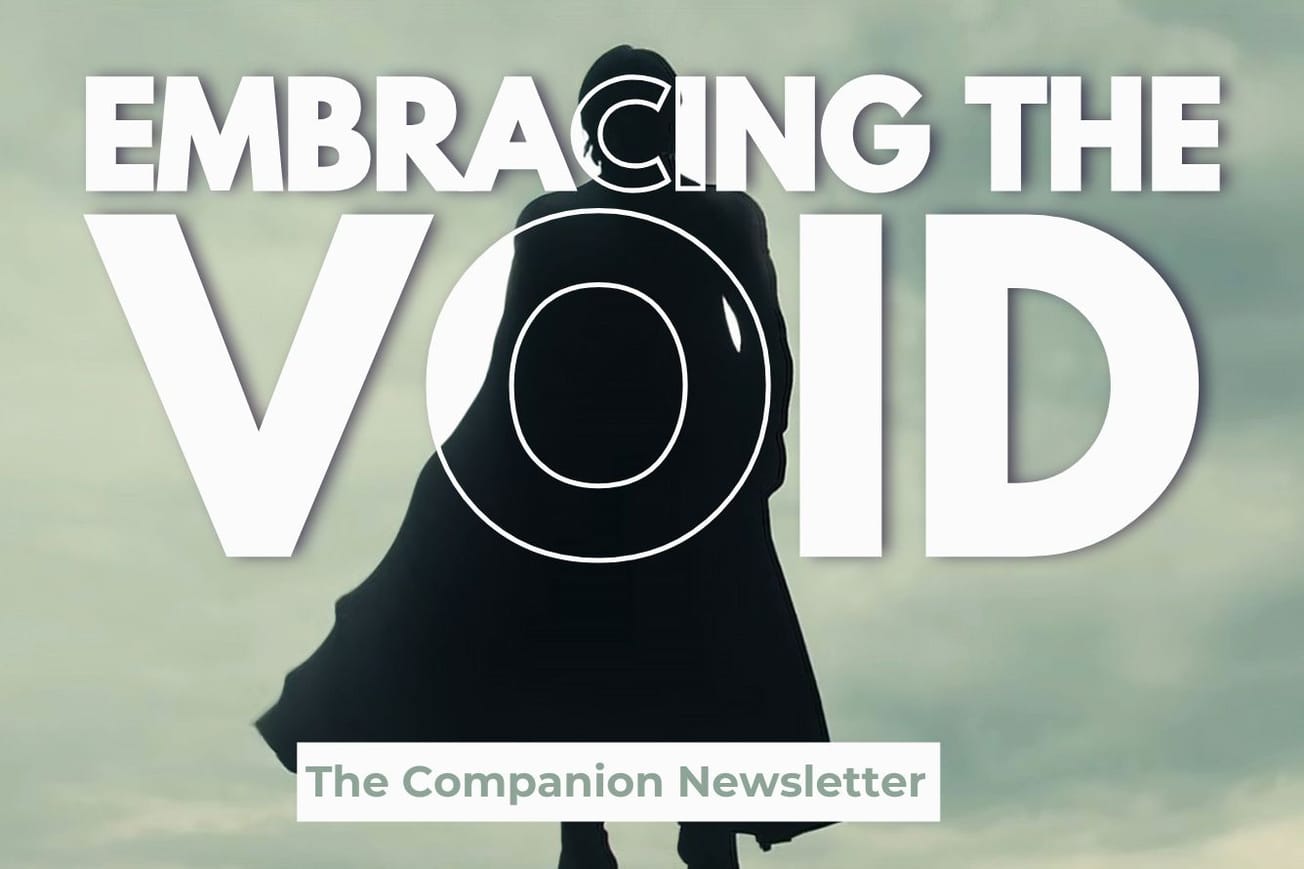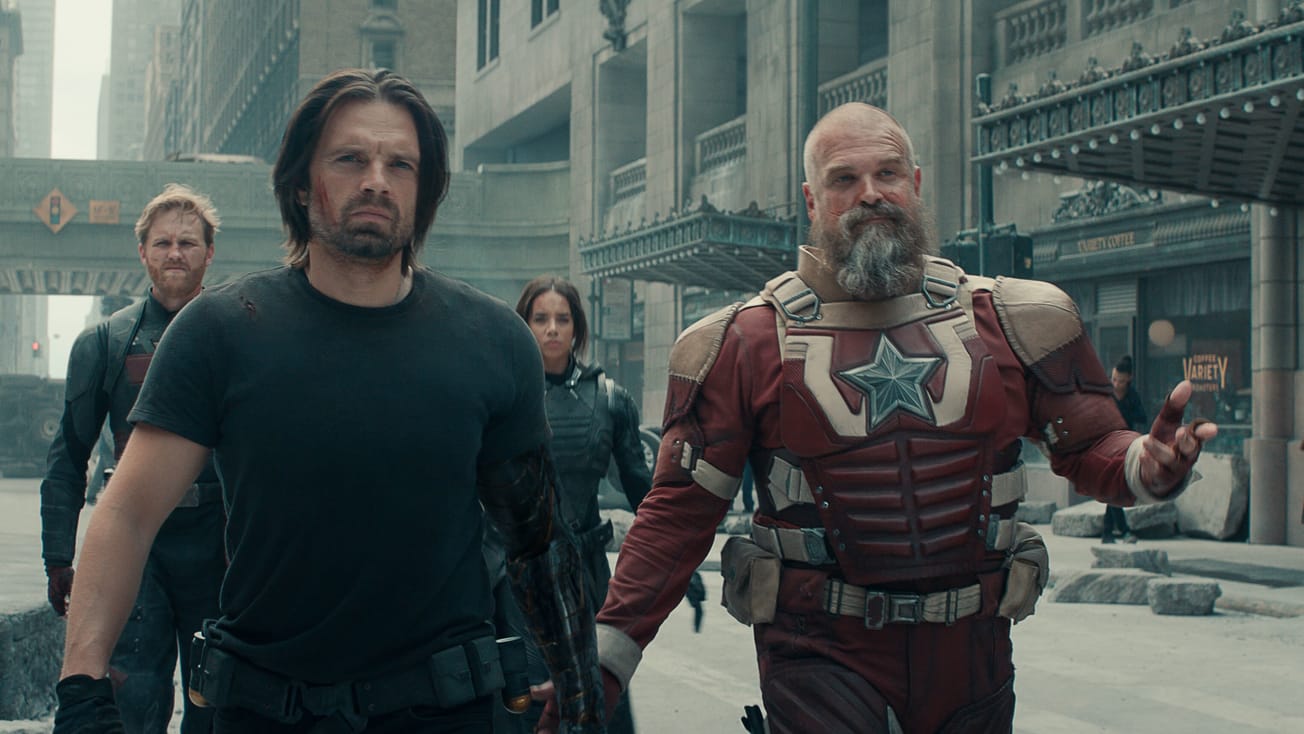What if traversing the stars felt more like backpacking? Spaceships made of wood, fellow astronauts camped out on other planets, plinking away on banjos and toasting marshmallows. The cold, black abyss of the stars may be terrifying, but if you look hard enough, and turn your ear to the cosmos, the sound of a harmonica might just lead you home.
That’s the atmosphere that welcomes you in Outer Wilds (available on Steam), a mesmerizing space adventure game that gathered quite the cult following after its release in 2019, and justifiably so.
The game puts you in the shoes of a newly-minted space archaeologist in a distant star system, jetting off on his first mission to study the ruins of the ancient civilization that had colonized your system eons ago before mysteriously disappearing. Twenty-two minutes after you disembark, however, the system’s sun spontaneously explodes, taking you and the universe along with it.
Then….gasp. You wake up, staring at the same stars next to the same campfire you started the game at just a few minutes ago. You’re trapped in a time loop, one that resets every time you or the universe die out. Armed with your memories, a few key tools, and your trusty wooden landing module, it’s your job to figure out what’s happening, and (maybe) how to stop it.
Key to Outer Wilds’ camping-in-space aesthetic is the score by BAFTA-nominated composer Andrew Prahlow, for whom Outer Wilds is his first major project. It’s a beautiful mix of cozy, banjo-forward folk sounds, blended with an Explosions in the Sky-level post-rock sweep perfect for those moments when the scale of the universe opens up to the player.
The score, like the game, has received justifiable praise, and both returned for the game’s acclaimed DLC, Echoes of the Eye, which added a new planet to explore and a new, even more alien soundscape for Prahlow to explore. In fact, for his extended album release of the DLC’s soundtrack, The Lost Reels, Prahlow is one of several names in the video game world in contention for the Grammy Awards’ first trophy for Best Score Soundtrack for Video Games and Other Interactive Media.
Off the back of the score’s first live performance at the Lodge Room in Highland Park, Los Angeles, Prahlow spoke to me about the score’s impact, what new directions he took for Echoes of the Eye, and how it ties into Outer Wilds’ themes of life, death, and perspective.
How surprising was Outer Wilds’ success to you and the team? Between the original game's release and Echoes of the Eye, it (and the score) gathered quite the cult following.
It wasn’t apparent initially since the game exploded in 2020, during COVID. We could see that it was becoming more popular on the Internet, but we didn’t get the chance to see it in real life. But we were still quite nervous about Echoes of the Eye because people judge sequels.
Musically, I was a bit scared with this one, and gameplay-wise we were all trying to do something different. But we pushed it in a different direction for Echoes, which is why people really resonated with it. It was new, instead of just an extension of the original game. It’s a whole new story, a new purpose for the existential themes the first game touches on. It’s a bit more terrifying in certain ways. Because of that separation, people found something new in it.
Your score for Outer Wilds is notable for being so different from anything we typically hear in space games — just like the game's aesthetic, it’s very banjo-forward; there’s this cozy camping vibe mixed with the post-rock sensibilities you’ve thrown in as well. When it came to doing Echoes of the Eye, how much did you want to differentiate your score from the base game?
In the first game, I wanted to use instruments that feel noticeable when you’re a human on Earth in real life. In Echoes, I wanted to experiment with things that felt otherworldly. The first game is the joy of learning how to play music with your friends around the campfire, but Echoes is about experimenting with those instruments to create something unfamiliar.
I was touching base on many analog synths for which I would mangle the audio. I pushed the guitar effects in even more far-out directions, where they’re almost unrecognizable as a guitar. I ran with that throughout the game, all the way to the end. We could handle all these crazy textures and make things feel like they’re still in place in the atmosphere of the game but very out of place if you would hear them on Earth in real life.
You hear that a lot in tracks like ‘Lost Signal’, where there’s a lot of feedback and distortion. It feels like you place a greater emphasis in this score on more ominous, atonal pieces.






